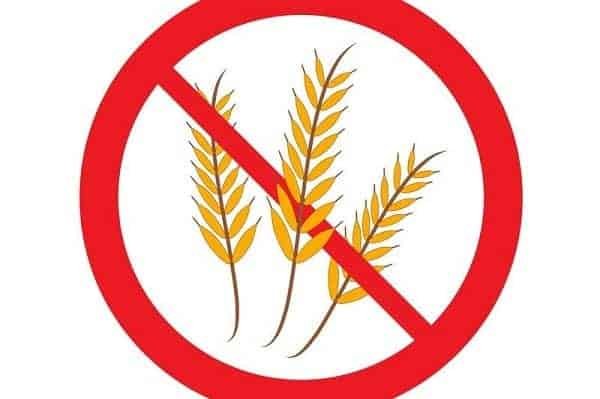Do gluten-free foods lower the risk of diabetes?

Gluten is a specific protein that is contained in various cereals such as wheat, barley, rye, oats, etc.
New research suggests that exposure to a gluten-free diet in utero or early in life (in the womb or through breast milk) may reduce the risk of developing type 1 diabetes.
For the purposes of the study, the scientists used mice with a predisposition to developing type 1 diabetes. During pregnancy and during the lactation period, the mother mice were fed both regular and gluten-free food.
When the newborn mice reached 4 weeks of age, the scientists “returned” them to a normal diet.
After 30 weeks, it was found that about 50% of the mice born to their mothers who were fed as usual developed type 1 diabetes.
Among recently born rodents, whose mothers were on a gluten-free diet, this disease was found in only 22% of them.
Scientists from the University of Copenhagen /Denmark/ assumed that this significant difference in the risk of developing insulin-dependent diabetes is probably related to gut bacteria.
The mice and their recently born offspring that were included in the gluten-free group differed from those that were fed a regular diet in that the former had increased levels of certain gut bacteria.
Intestinal bacteria are known to play an important role in the development of the immune system. And type 1 diabetes is an autoimmune disease in which the body’s immunity attacks the cells of the pancreas that synthesize the hormone insulin.
According to Victoria Xiao, an associate professor in the Department of Endocrinology and Metabolism at the University of Rochester Medical Center, it is too early to say whether the obtained data are applicable to humans, because the sensational discoveries made in mouse experiments cannot always be compared to the conditions of the human organism.
Also, at this time, scientists cannot say with certainty that healthy newborn mice that did not develop type 1 diabetes within the first 30 weeks of their lives will not develop it later. late.
Also, this could mean that the onset of this disease may simply have been delayed, however the results are interesting in themselves and warrant further research in humans.
Dr. Cynthia Wu, a clinical nutritionist at a medical center, there are 2 groups of people who are recommended to avoid gluten-containing foods.
The first group is those suffering from celiac disease and having an immune system reaction to this substance.
The second group refers to people with increased sensitivity to gluten, whose condition improves after excluding foods containing this protein.
Scientists do not recommend restricting the consumption of gluten foods during pregnancy for women who do not fall into any of these groups, because sticking to a gluten-free diet is very difficult.
As is known, such a diet does not pose a risk to the health of a pregnant woman, but only on the condition that foods containing gluten are replaced with healthier foods such as rice or sweet potatoes.
According to independent experts, future studies with the participation of humans can be concluded by examining the data obtained on women who adhered to a gluten-free diet during pregnancy, and also further monitoring the results for the presence of type 2 diabetes 1.



